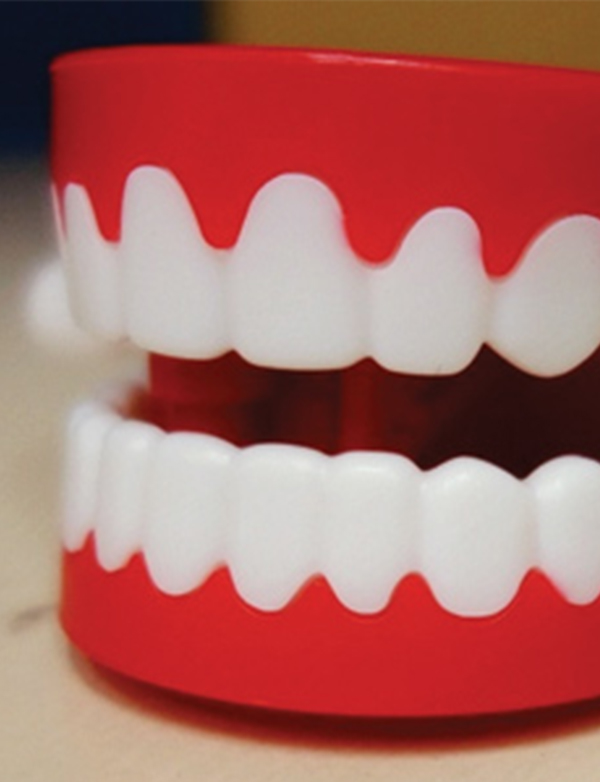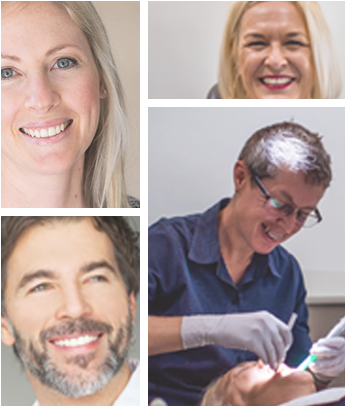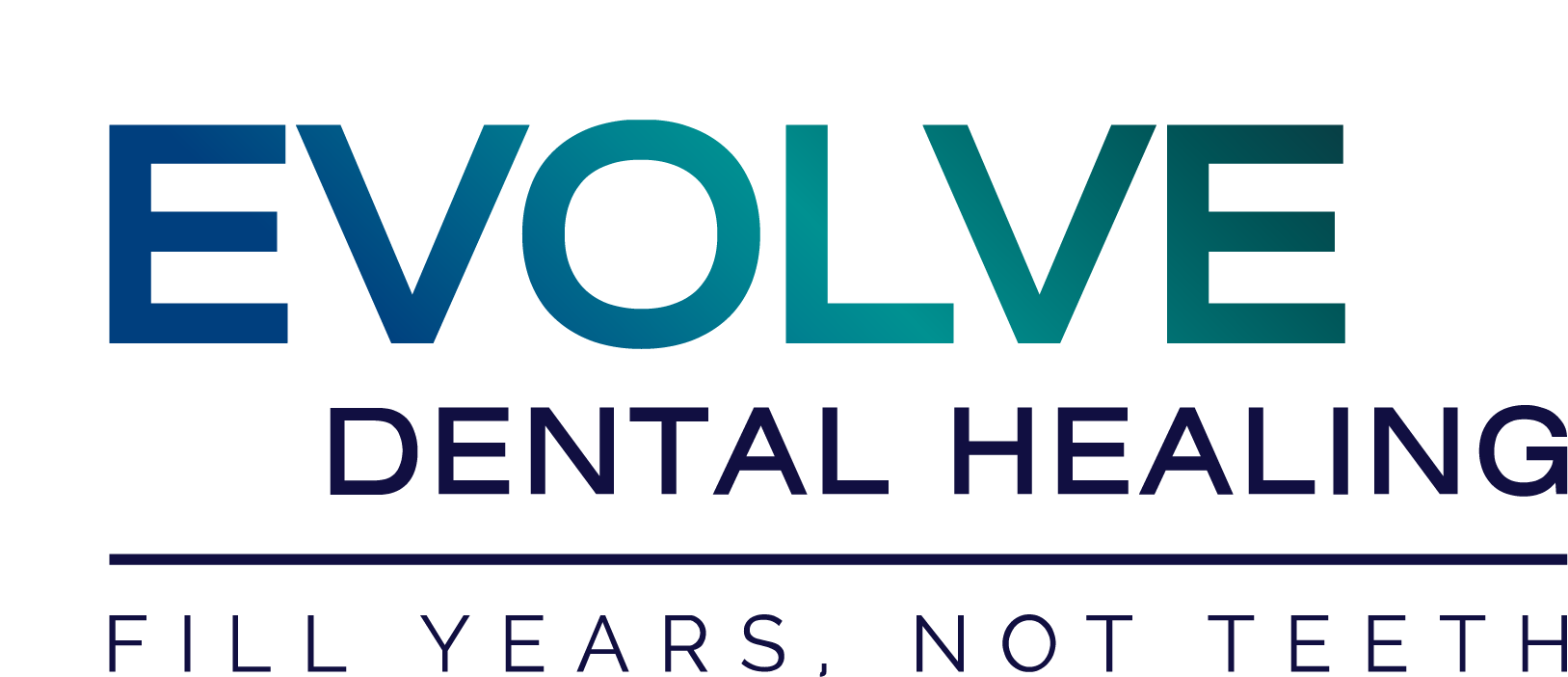How to Care for Your Child’s New Adult Teeth

8 Tips To Care For Your Child’s Adult Teeth
Here are Dr Rachel Hall’s top 8 tips to care for a child’s new adult teeth.
This weekend marked a few milestones; I’ve been working as a holistic dentist for 12 years, my son turns 6 and he finally got his first WOBBLY tooth!
Now I don’t really know how to feel about that. I am genuinely excited as I simply can’t resist a loose baby tooth (good job I’m a dentist eh?) and at the same time slightly sad because it is a sign that my little boy is growing up way to fast. For weeks now after the nighttime brushing and flossing rituals we have been doing “wobbly check” just in case things were starting to happen and last night viola, bingo there it was a wiggling baby incisor tooth moving back and forth between my fingers.
Most parents may not be so invested or interested in their child’s teeth as I am but the age when their adult teeth are developing and starting to come through is a time when you should be taking extra care of their dental health.
Why New Adult Teeth Need Special Care
The new adult teeth are extremely vulnerable, to begin with, like newborn babies who have just come into the world they need lots of love care and attention. Sound over the top? Maybe but these teeth that they get from around the age of 5 have to last them the rest of-of their life. Possibly another 90 years if they are lucky.
Advice to care for you child’s new adult teeth
1. Help them brush.
Children need assistance brushing their teeth until they are at least 9 or 10 as they do not have the manual dexterity, motivation and skill to care for their teeth effectively alone. I suggest helping them with the nighttime brushing and also encourage flossing from as early an age as possible.
2. Watch out Molar Alert.
From as young as 5 the adult molar teeth start coming through in each far back corner. Many parents do not realise this, as this comes through without any baby teeth being lost, and assume they are baby teeth. Wrong, they are keepers, there for life. So watch out for the new molars and make sure you help your child keep them really clean.
3. Healthy Diet.
Please don’t let your kids consume sugars, soft drinks and acidic foods too frequently. The sugars convert to acid. Acid dissolves the enamel and before you know it your child has a hole in their brand new tooth.
4. Minerals.
The developing adult teeth need the right building blocks to grow strong and healthy, just like your child. Make sure your child is getting a diet rich in minerals from things like nuts and seeds, green leafy vegetables, meat and eggs. You could also look at a good combination mineral supplement.
5. Hydration.
Saliva helps protect the teeth by neutralising acids and bathing the teeth in minerals and protective enzymes. It is important that your child stays well hydrated as this is essential for quality saliva production and saliva flow. The best thing for your child to drink is good old plain water.
6. Get them checked.
Take them for regular dental checks, it is crucial at this developmental stage to ensure the adult teeth are coming in correctly, that the new teeth are healthy and properly formed and to prevent any possible problems arising. Your dentist can advise of any potential issues with crowding, cleaning and jaw alignments. I recommend 6 monthly checks once children begin to get their adult teeth.
7. Know what to look for.
Arm yourself with some basic dental knowledge so that you know what to look for when your little one starts cutting their adult teeth. It is normal for new adult teeth to come in slightly behind their predecessors. It is normal that they look darker than the baby teeth as they are thicker and stronger teeth. It is normal for them to come through slightly turned, twisted or crowded; these are grown up teeth in the child’s mouth and there needs to be some growth before they fit in. What happens on one side should happen on the other side at similar times so if they have a new tooth on the left and the one and the right has not made an appearance within a few months that could indicate something is not quite right. If in doubt speak to your dentist.
8. Visit the dentist regularly.
This point is so important I felt to make it again. Like visiting the doctor and checking your child’s developmental milestones you should do the same for their teeth. Bring them along for regular dental checks so your dentist can monitor their progress, ensure everything is happening at the right time and in the right place and deal with any issues before they become major problems.
We all want our children to grow up healthy and strong so let’s do the same for their teeth.
-
Dr. Rachel Hall
Rachel is the founder and principal dentist at Evolve Dental Healing with over 30 years experience, practising holistically since 2001. Not your typical dentist, Rachel is a passionate opinion leader, challenging convention to empower people to make better dental and health choices, helping thousands to have healthy natural smiles. A respected writer and presenter on holistic dentistry, health and wellness it is Rachel’s mission to revolutionise the way people look at their dental health.
Talk to us for more details and information
CONTACT US
67 Kenmore Road
Kenmore Queensland 4069
Phone: 07 3720 1811
Fax: 07 3720 1899
Email: info@evolvedental.com.au
OPENING HOURS
Monday – Friday: 7:30am – 5:30pm
References and Citations Mercury & Amalgam Fillings




